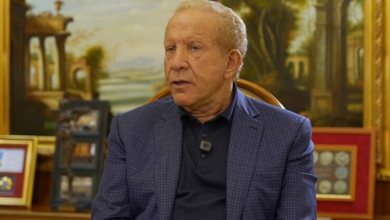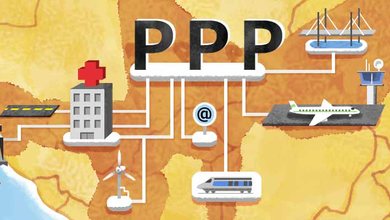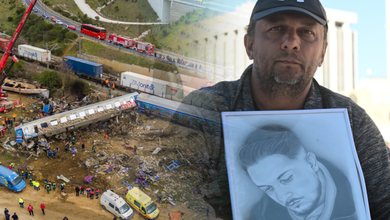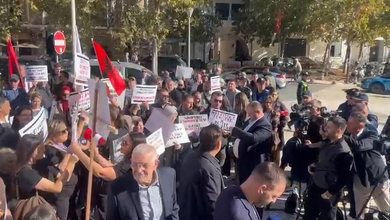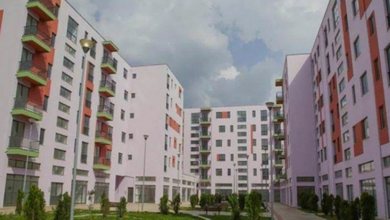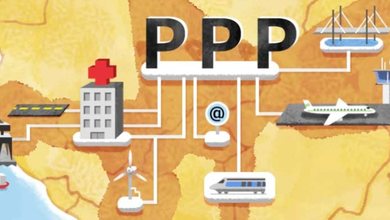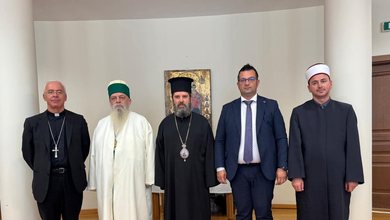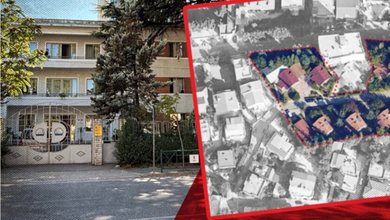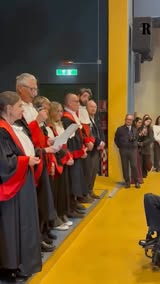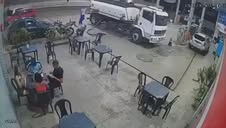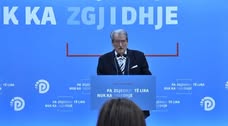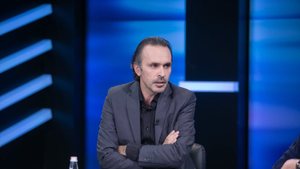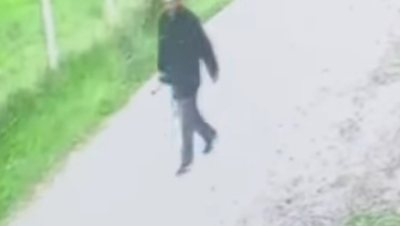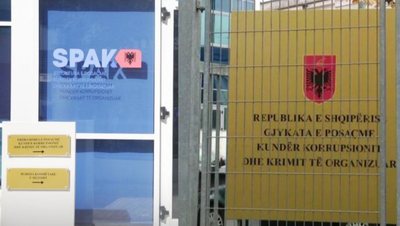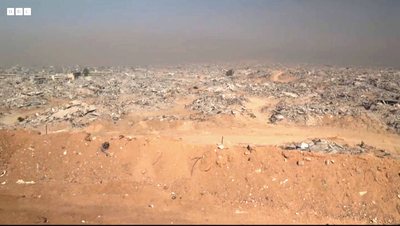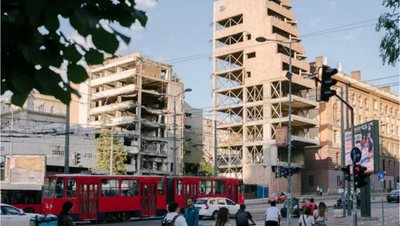
Elvira's son suffers from autism. But to receive services, support and disability status, the mother from Elbasan and her son must appear before a multidisciplinary committee every year for a biological, psychological and social assessment.
“Even though there are slight improvements, it cannot return to normal, regardless of whether the assessment is done annually or over a longer period of time,” Elvira said. “Every year we end up with the same diagnosis and the same decision from the commission,” added the 7-year-old’s mother.
Her story is one of dozens of cases included in the latest report by MEDPAK – an organization that represents and protects the rights of people with disabilities, which documents the real experiences of families and professionals who face the bio-psycho-social assessment process every day in seven municipalities of the Elbasan region.
According to the report, the assessment process, which in theory should guarantee inclusion, equality and individual support, has in practice turned into a bureaucratic and often discouraging journey for people with disabilities themselves and their families.
In theory, the commissions should be multidisciplinary and ensure cooperation between health, education and social services. But in practice, the report shows a fragmented and uncoordinated system.
"We have very good laws, but implementation requires time and training," says Eduart Shehu from MEDPAK.
“A good assessment should be translated into concrete services – physiotherapy, speech therapy, counselling, not just documents,” he added.
Following the adoption of Law No. 121/2020 “On Social Services” and Law No. 57/2019 “On the Rights of Persons with Disabilities”, Albania has moved from a medical model to a comprehensive assessment model, based on ICF standards.
Both laws are based on the international model of the International Classification of Functioning, Ability and Health (ICF), which shifts the focus from the traditional medical model of disability – which treats limitation as an individual problem, towards the bio-psycho-social model, which sees disability as the result of the interaction between the individual's health status and environmental and social barriers.
According to the regulatory framework, multidisciplinary committees assess whether the child has a disability and what level of support or service is needed, such as speech therapy, rehabilitation, assistant teacher, or family support.
However, according to the MEDPAK report, 70% of families surveyed feel uninformed and unclear about the decision-making of the commissions, while only 25–30% of them consider the process “clear” or “understandable”, while the majority do not receive any clarification on how the degree of disability is determined.
“They just tell us 'we will inform you of the decision,'” says a mother from Gramsh. “No instructions on further steps,” she added.
Deadlines are often short and routine, for decisions that do not change from year to year, turning the process into a worthless bureaucracy.
The commissions, which according to the World Health Organization (ICF) model should assess the individual in three dimensions - biological, psychological and social, in most cases function solely on a medical basis.
"A doctor and a social worker cannot cover the entire complexity of a case, especially when a psychologist is absent," says Fatma Spahiu, director of the Center for the Integration of Persons with Special Needs.
"If there was communication between structures, specialists, and parents, we would have more realistic assessments," she adds.
Spahiu also raises concerns about the lack of public services in residential areas.
“Parents should not be satisfied with just a disability payment,” she said. “Children need therapy, life skills development and sustained support after the age of 18,” Spahiu added.
Cooperation remains on paper
According to the MEDPAK report, only 21% of survey participants report full inter-institutional cooperation, while 54% claim that institutions "do not communicate with each other at all."
“The process is useful, but without cooperation it remains only on paper,” says a social worker from Librazhdi. “Many families complete the assessment and then are left without any services,” she added.
Etleva Mezini, Regional Director of the State Social Service, emphasizes that strengthening the role of the social administrator in the municipality would significantly improve the relationship with families.
“The social administrator must draft the individual plan, conduct family visits, and assess the needs not only of the individual, but also of the family,” she explained.
“We are in the first steps, but most administrators have already incorporated this practice into their work,” Mezini added.
In over 80% of cases, care for people with disabilities falls on mothers, who face stress, poverty, and isolation.
“After the assessment, no one follows you anymore,” says a mother from Belshi. “All the commission’s work ends the moment the decision is made,” she added.
Many of them report a lack of psychological support, a lack of post-assessment services, and information on their rights.
In most cases, the process ends where it should really begin – in institutional follow-up and the provision of concrete services.
Entela Luadhi, a psychologist at the Multifunctional Center in Librazhd, says that services should be offered closer to homes.
“Sometimes parents have to travel to Tirana several times for a single assessment,” she said. “This can be avoided if services are provided close to the community,” Luadhi added.
Institutions without responsibility after the decision
According to Eduart Shehu from MEDPAK, the bio-psycho-social assessment process only makes sense if it is followed by real support: individual plan, progress tracking, and coordination between municipalities, schools, and social centers.
But today, this chain of responsibility is interrupted as soon as the commission closes the file.
“Even when the commission recommends therapy or support, they are not provided because the municipalities do not have these services,” he said. “In the end, families are left alone,” Shehu concluded./Reporter.al



